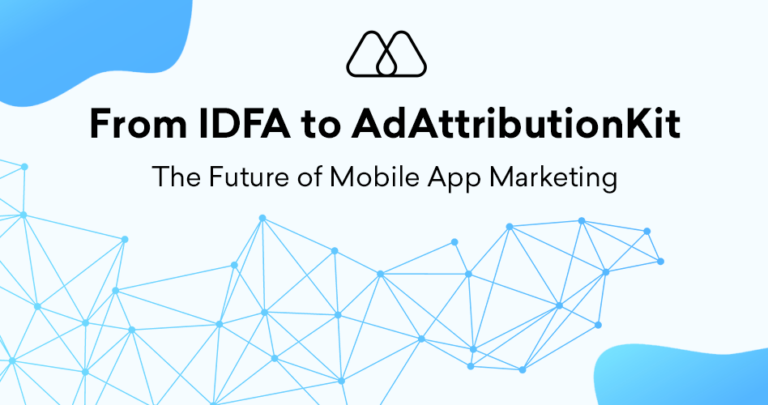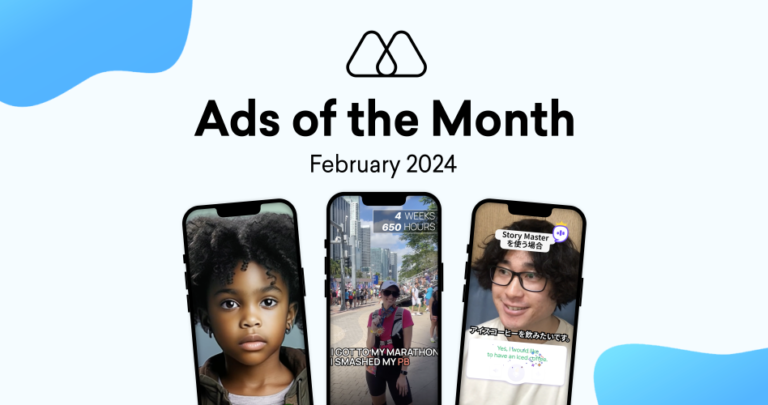In today’s hyper-connected world, mobile devices have become ubiquitous. Consumers spend significant time engaging with mobile apps, browsing websites, and interacting with brands through smartphones and tablets. This shift in consumer behavior demands a strategic marketing approach – tailored specifically for the mobile landscape. Mobile marketing encompasses a set of diverse strategies and tactics designed to reach and engage target audiences on their mobile devices.
Defining Mobile Marketing
Mobile marketing promotes products or services using mobile devices as the primary marketing channel. It involves a multi-pronged approach, leveraging various tactics such as SMS marketing, in-app advertising, mobile website optimization, push notifications, and location-based marketing to reach and convert target audiences.
The Importance of Mobile Marketing
The importance of mobile marketing cannot be overstated. Here are a few key reasons why it’s crucial for success in today’s digital landscape:
- Ubiquity of Mobile Devices: Smartphones and tablets have become essential accessories for most consumers. They use these devices to research products, shop online, connect with brands, and consume entertainment. A robust mobile marketing strategy ensures you reach your target audience where they spend their time.
- Increased Mobile App Usage: Mobile app usage has exploded in recent years. Consumers rely on apps for many activities, from banking, shopping, gaming, and social networking. Mobile marketing allows you to reach users directly within the apps they use regularly.
- Enhanced Targeting Capabilities: Mobile marketing platforms offer advanced targeting options based on user demographics, location, interests, and behavior. This level of granularity allows you to deliver highly relevant messages to the right people at the right time.
- Measurable Results: Mobile marketing campaigns offer a wealth of quantifiable data. You can track impressions, clicks, app installs, in-app actions, and conversions with precise detail. This data provides valuable insights to optimize your campaigns and improve your ROI.
- Personalized Customer Experiences: Mobile marketing facilitates individualized communication with your target audience. You can leverage user data to deliver targeted messages, offers, and content that resonate with individual needs and preferences.
Key Mobile Marketing Strategies
A successful mobile marketing strategy encompasses a combination of different tactics. Here’s a closer look at some of the most effective approaches:
- Mobile App Marketing: Develop a user-friendly and engaging mobile app for your brand. Promote your app through various channels, including app store optimization (ASO), social media marketing, and paid advertising campaigns.
- SMS Marketing: Leverage SMS marketing to send targeted and time-sensitive messages to your audience. Use SMS for promotional offers, appointment reminders, and two-factor authentication.
- Mobile Website Optimization: Ensure your website is mobile-friendly and provides a seamless user experience for mobile visitors. Optimize page loading speeds, use responsive design, and prioritize a clean and easy-to-navigate interface.
- Push Notifications: Send timely and relevant push notifications to users who have opted-in to receive them. Use push notifications to drive engagement, promote new features, and deliver personalized offers.
- Location-Based Marketing: Leverage location-based marketing to target users based on their geographic location. This allows you to deliver highly contextual messages and offers, such as promoting nearby store locations or targeted discounts for nearby restaurants.
- Social Media Marketing: Integrate social media marketing efforts with your mobile strategy. Run targeted ad campaigns on popular social media platforms, encourage user-generated content through mobile-friendly hashtags, and leverage influencer marketing to reach a wider mobile audience.
- Mobile Search Advertising: Target mobile users searching for products and services related to your business through mobile search advertising platforms. Optimize your landing pages for mobile devices and ensure a seamless user experience from search to conversion.
- Mobile Video Marketing: Create engaging and short video content tailored for mobile consumption. Utilize platforms like YouTube Shorts, Instagram Reels, and TikTok to reach your target audience and deliver your message in a compelling format.
- Mobile Gamification: Incorporate gamification elements into your mobile marketing strategy. This can include loyalty programs, interactive contests, and reward systems to drive user engagement and boost brand loyalty.
The Future of Mobile Marketing
The mobile marketing landscape is constantly evolving. Here are some anticipated trends to watch out for:
- Omnichannel Marketing: Mobile marketing will increasingly integrate with other marketing channels to create a seamless omnichannel customer experience.
- Artificial Intelligence (AI) and Machine Learning (ML): AI and ML will play a prominent role in personalizing mobile marketing campaigns, optimizing ad targeting, and predicting user behavior.
- Augmented Reality (AR) and Virtual Reality (VR): AR and VR technologies will potentially revolutionize mobile marketing, creating immersive and interactive consumer experiences.
- Privacy-Focused Marketing: As user privacy regulations become more stringent, mobile marketers must adapt their strategies to prioritize user privacy while continuing to deliver effective campaigns.
- Focus on Measurable Value: The focus will shift towards demonstrating the measurable value mobile marketing delivers to businesses. Marketers will need to track key performance indicators (KPIs) and explain the impact of mobile marketing efforts on revenue growth and customer acquisition.
5 Key Takeaways: Building a Winning Mobile Marketing Strategy
- Mobile marketing caters to the ubiquitous nature of mobile devices, reaching your target audience where they spend their time.
- Leverage a multi-pronged approach using tactics like; mobile app marketing, SMS, mobile-friendly websites, push notifications, and location-based marketing.
- Personalize your efforts using data and analytics to deliver targeted messages and offers that resonate with your audience.
- Stay ahead of the curve by embracing upcoming trends like omnichannel marketing, AI/ML, AR/VR, and privacy-focused approaches, and demonstrating measurable value.
- Continuously monitor and optimize your strategy based on data insights to maximize ROI and achieve your business goals.




